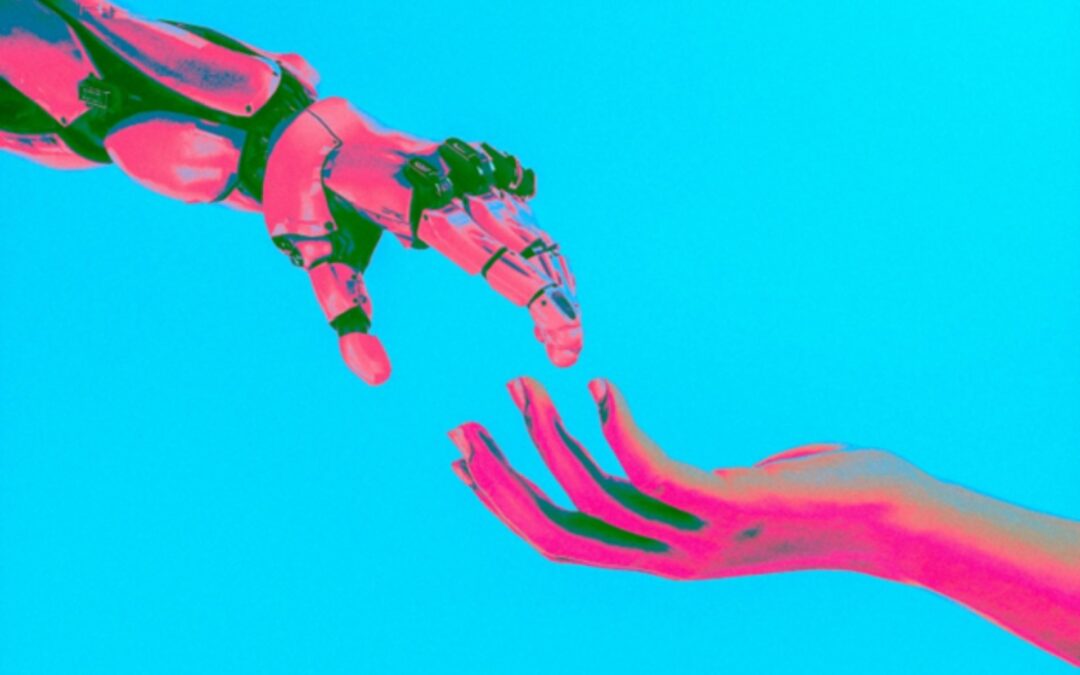As artificial intelligence continues to evolve rapidly, concerns are growing about its impact on various professions, including those in healthcare and mental health. Chat bots are increasingly being used to provide therapeutic responses, mimicking the role of a therapist. However, I strongly advise against relying on AI chat bots for mental health or medical advice. While AI has its positives, turning to AI for mental health support carries significant risks that should not be overlooked.
There have been instances where ChatGPT and other chat bots have responded with harmful advice to issues that should have been brought to either a medical or mental health professional. Mental health concerns should always be handled by trained medical or mental health professionals who are equipped to offer safe, personalized, and ethical support. AI models are not appropriate for providing therapy because they are unable to pick up on the subtle nuances of human conversation. This limitation can lead to serious consequences. For example, they may respond inappropriately to someone expressing suicidal thoughts or fail to provide necessary resources to someone experiencing delusions. These examples highlight the risks of relying on chat bots instead of seeking support from a qualified mental health professional.
In mental health therapy, the human connection between client and therapist is a vital component of effective treatment. As stated by Opland and Torrico (2024), “Research has consistently shown that a strong therapeutic alliance is one of the most important predictors of positive treatment outcomes.” Experiencing empathetic understanding and unconditional positive regard from another human being is inherently healing. This essential element of therapy is absent when interacting with chat bots, which cannot form a genuine therapeutic relationship. Therapy involves much more than just spoken words. Trained therapists also observe body language, tone of voice, and overall appearance to gain a deeper understanding of a client’s emotional state. After just a few sessions, a trained therapist can begin to recognize subtle shifts in a client’s tone or behavior which can be indicators that inform the therapist about the client’s reactions to external stressors or in some cases may require immediate attention. This real-time attunement is a critical part of effective therapy. Therapeutic techniques such as offering appropriate challenges at the right moments require clinical training and judgment which is something chat bots are not equipped to provide. Mental health therapists are trained to help clients stay within their window of tolerance, gradually introduce more difficult topics, and support emotional regulation before the session ends. This level of care and nuance cannot be replicated by artificial intelligence.
Additionally, chat bots cannot reflect meaningfully on your progress or provide personalized insight based on a deepening therapeutic relationship. Most importantly, in a crisis situation, a chat bot cannot contact emergency services or your designated support system to ensure your safety. These limitations highlight the serious risks of substituting professional care with artificial intelligence.
While artificial intelligence offers many promising advancements, it is not a suitable substitute for human mental health care. The risks associated with relying on AI chat bots for therapeutic support are serious and potentially dangerous. Mental health concerns should always be addressed by qualified professionals who are equipped to offer safe, ethical, and individualized care.

